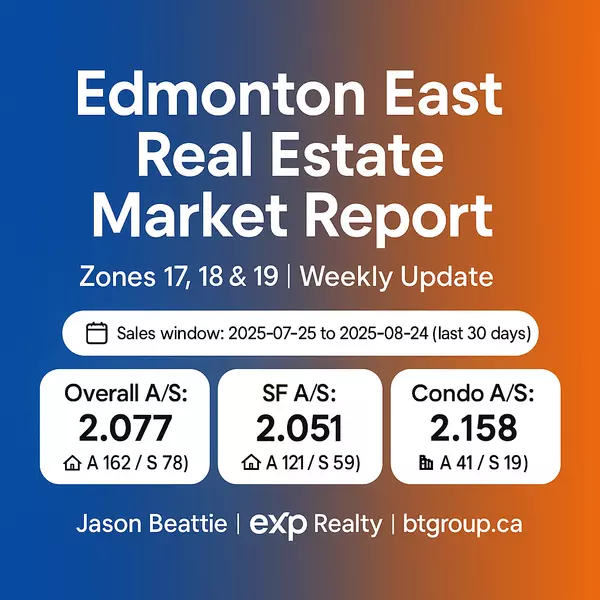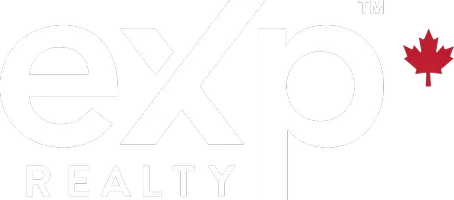Understanding the Home Buying Process in Edmonton: A Beginner’s Guide

Buying your first home in Edmonton? Exciting, right? But also a bit daunting. Don’t worry, though! We’re here to walk you through each step of the home-buying process. By the end of this guide, you’ll be equipped with the knowledge to make informed decisions and feel confident about your journey into homeownership.
Assess Your Readiness and Finances
Checking Your Credit Score
Your credit score is like your financial report card. It plays a major role in whether you’ll be approved for a mortgage and the kind of interest rates you’ll get. If your score is below 650, don’t fret—there are ways to improve it before you start house hunting.
Evaluating Your Debt-to-Income Ratio
Lenders typically prefer a debt-to-income ratio of 43% or lower. This means your monthly debts, including the potential mortgage payment, should not exceed 43% of your monthly income.
Determining Your Budget
A good rule of thumb is to keep your housing expenses within 30% of your gross monthly income. This helps ensure that you’re not overextending yourself financially.
Saving for a Down Payment
Looking for details on all downpayment options?
In Canada, the minimum down payment is 5% of the home’s purchase price. But if you can save more, you’ll reduce your mortgage insurance premiums and overall interest payments—so it’s worth considering. Did you know that you can use your RRSP funds? Here is a full explaination.
Get Pre-Approved for a Mortgage
Shopping Around for Lenders
Different lenders offer different rates and terms, so it pays to shop around. You’ll want to compare at least three options before making a decision.
Gathering Necessary Documents
You’ll need proof of income, employment verification, and details about your assets and debts. Having these documents ready will make the pre-approval process smoother.
Understanding Your Borrowing Capacity
Pre-approval gives you a clear idea of how much you can afford to spend. It also shows sellers that you’re a serious buyer, which can be a big advantage in a competitive market.
Choose the Right Property
Determining Your Needs and Wants
Start by making a list of what you absolutely need in a home (like the number of bedrooms) and what would be nice to have (like a big backyard). This will help narrow your search.
Researching Edmonton Neighborhoods
Think about what’s important to you—proximity to work, schools, amenities, or future development plans. Each neighborhood in Edmonton has its own unique vibe, so take the time to find one that fits your lifestyle.
Exploring Different Property Types
Edmonton offers a variety of housing options, from single-family homes to duplexes, townhouses, and condos. Each comes with its own set of pros and cons, so consider what type of property best suits your needs.
Utilizing Online Resources
Websites like Realtor.ca provide up-to-date listings of available properties in Edmonton. These resources are great for getting a sense of what’s on the market and what fits within your budget.
Work with a Real Estate Agent
Choosing an Experienced Agent
An experienced agent familiar with Edmonton’s market can make all the difference. They’ll guide you through the process, help you avoid common pitfalls, and negotiate on your behalf.
Communicating Your Goals and Budget
Be clear about what you’re looking for and what your budget is. The more your agent knows about your needs, the better they can serve you.
Leveraging Their Expertise
A good agent knows the ins and outs of the market and can provide valuable insights on property values, neighborhood trends, and negotiation strategies.
Tour Potential Homes
Creating a Checklist
When touring homes, use a checklist to note important features like the condition of the home, the layout, and any potential renovation needs. This will help you compare properties more effectively.
Considering the Neighborhood
Don’t just focus on the house—pay attention to the neighborhood as well. Check out the local amenities, transportation options, and overall atmosphere.
Asking the Right Questions
Ask about the age of the home, any recent renovations, and any potential issues like a leaky roof or outdated plumbing. This information can help you avoid costly surprises later on.
Make an Offer and Negotiate
Determining a Fair Price
Your real estate agent can help you analyze comparable sales in the area to come up with a competitive offer. You don’t want to overpay, but you also don’t want to lose out on your dream home by underbidding.
Including Conditions in Your Offer
Common conditions include financing approval, a satisfactory home inspection, and the review of condo documents (if applicable). These conditions protect you if something goes wrong.
Preparing for Counteroffers
It’s common for sellers to counter your initial offer. Be prepared to negotiate and work with your agent to ensure you get the best possible deal.
Conduct Due Diligence
Scheduling a Home Inspection
A home inspection is crucial. It can uncover potential issues that could affect your decision to buy or your negotiating position.
Reviewing Condo Documents (if applicable)
If you’re buying a condo, reviewing the condo corporation’s financial statements, bylaws, and reserve fund study is essential. These documents give you insight into the health of the condo community and any potential future costs.
Obtaining a Property Appraisal
An appraisal ensures that the price you’re paying aligns with the home’s actual value. This is also a requirement for most mortgages.
Close the Deal
Finalizing Your Mortgage
Once you’ve settled on a home, you’ll need to finalize your mortgage. This might involve providing additional documentation to your lender.
Arranging for Home Insurance
Home insurance is usually required by mortgage lenders. It protects your investment in case of damage or loss.
Hiring a Real Estate Lawyer
A real estate lawyer will review all the legal documents and handle the transfer of property ownership. They’re essential for ensuring everything is in order.
Conducting a Final Walk-Through
Before closing, do a final walk-through to ensure the property’s condition hasn’t changed since your last visit. This is your last chance to spot any issues.
Signing Closing Documents
Finally, you’ll review and sign all the necessary paperwork to complete the purchase. Once this is done, you’ll get the keys to your new home!
Conclusion
Buying your first home in Edmonton is an exciting journey, and with the right guidance, it doesn’t have to be overwhelming. By following these steps and working with experienced professionals, you’ll be well on your way to becoming a proud homeowner.
FAQs
-
What is the minimum credit score needed for a mortgage in Edmonton? Typically, lenders prefer a credit score of 650 or higher. However, some lenders may work with lower scores depending on other financial factors.
-
How long does it take to close on a home in Edmonton? The closing process usually takes between 30 to 60 days, depending on various factors, including the lender's processing time and any conditions in the purchase agreement.
-
What should I look for during a home inspection? Key areas include the roof, foundation, plumbing, electrical systems, and overall structural integrity. An inspector can identify issues that may require attention.
-
Can I back out of a deal if the home inspection reveals issues? Yes, if your offer included a home inspection condition, you can negotiate repairs or withdraw your offer based on the findings.
Categories
- All Blogs (30)
- downsizing (2)
- East YEG (4)
- Eco-friendly Homes (1)
- Edmonton Bylaws (2)
- Events & Community News (8)
- First Time Home Buyer (7)
- Gardening & Landscaping (1)
- Home Buying Tips (16)
- Home Insurance (3)
- Home Selling Tips (6)
- How to (9)
- increase home value (8)
- Interior Design (1)
- Local Market Trends (10)
- market Influences (13)
- Market Update (14)
- Migration (2)
- Mortgage Info (2)
- Moving & Relocation (9)
- Neighborhood Profiles (6)
- Real Estate FAQs (19)
- Real Estate Investment (2)
- Real Estate Laws & Regulations (4)
- Technology in Real Estate (2)
Recent Posts











"My job is to find and attract mastery-based agents to the office, protect the culture, and make sure everyone is happy! "
